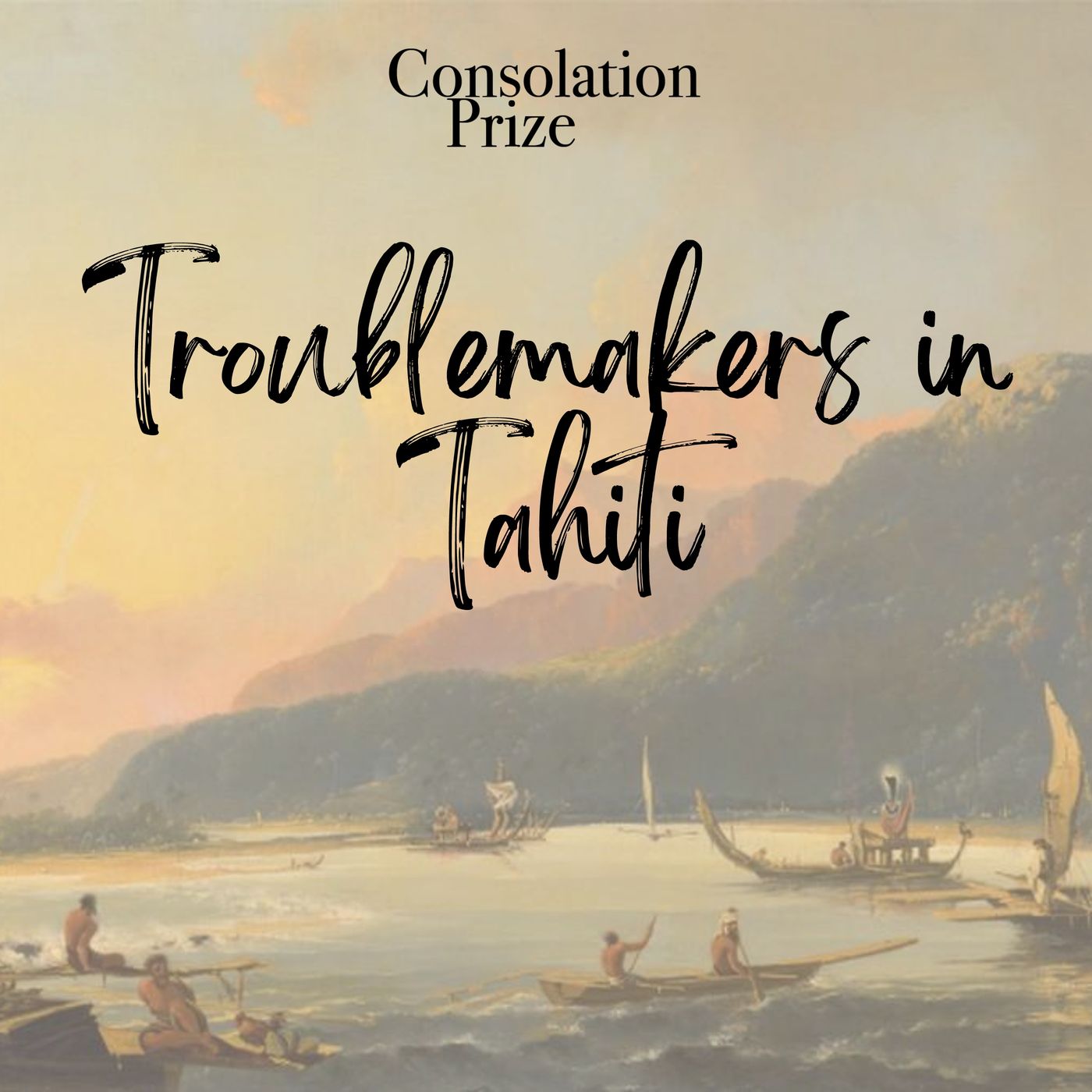Gene Allen Smith
Born and raised in North Alabama, Gene grew up on a small farm that raised cattle, and grew corn and soybeans. With such a background it was no surprise that he wanted to be a veterinarian. Fortunately a college course in chemistry put him on the path to becoming a historian. Gene completed both his undergraduate (BA 1984) and graduate training (MA 1987, PhD 1991) in history at Auburn University in Auburn, Alabama. Studying early American history, he wrote a dissertation on the politics of the Jeffersonian gunboat program and then spent three years teaching at Montana State University-Billings. Since arriving at Texas Christian University during the fall of 1994, Gene has been teaching U.S. survey history and undergraduate and graduate level courses on early American history. He is currently serving as the Director of the Center for Texas Studies at TCU.
He is presently working on several projects, including the study of a slave who lived from 1800-1890. Additionally, Gene served as the 2013-14 “Class of 1957 Distinguished Chair of Naval Heritage” at the United States Naval Academy, and has also received internal research awards from Montana State University-Billings and TCU, as well as fellowships from the Henry E. Huntington Library, the Virginia Historical Society, the U.S. Department of the Navy, the U.S. Military Academy at West Point, and from the National Endowment for the Humanities.
Gene is an active member of several organizations, most notably the Society for Historians of the Early American Republic—currently acting as the organization’s Treasurer—and the North American Society for Oceanic History. He is also the editor of the University of Alabama Press book series “Maritime Currents: History and Archaeology,” and editor of the University Press of Florida book series “Contested Boundaries.” Gene’s hobbies include watching sports (since I no longer participate competitively), cooking (as I still like to eat), traveling, and gardening. (From Texas Christian University)
